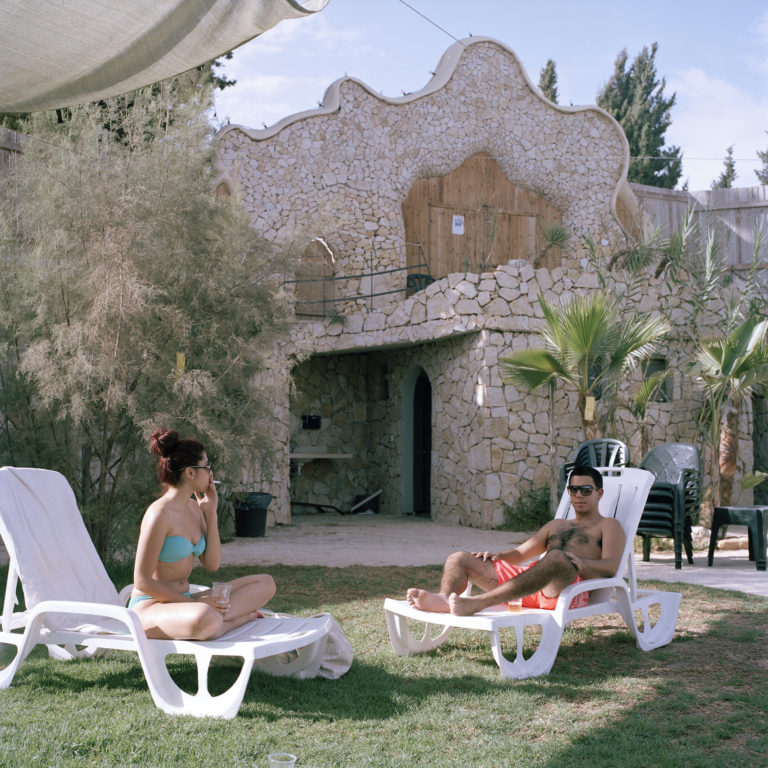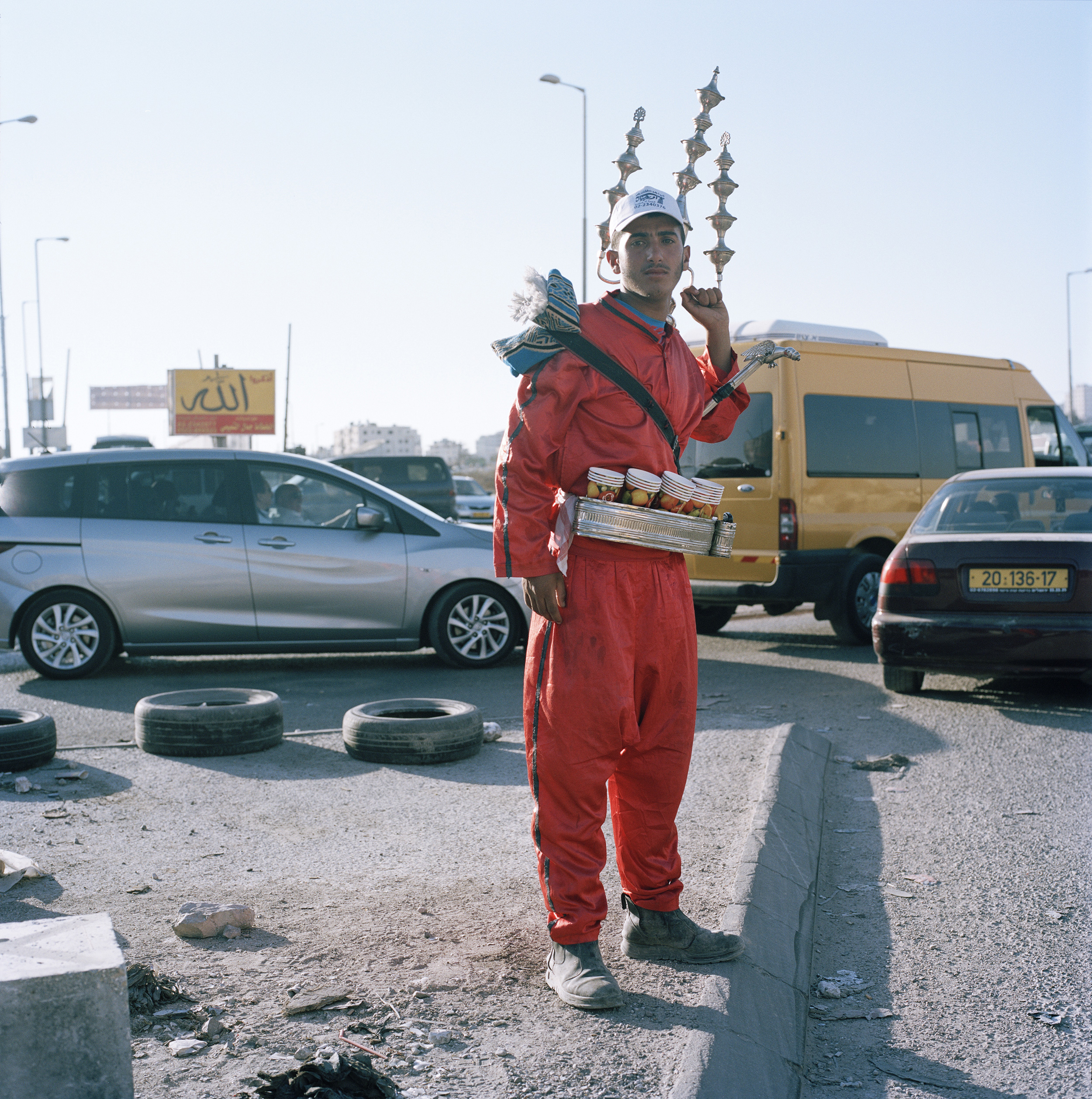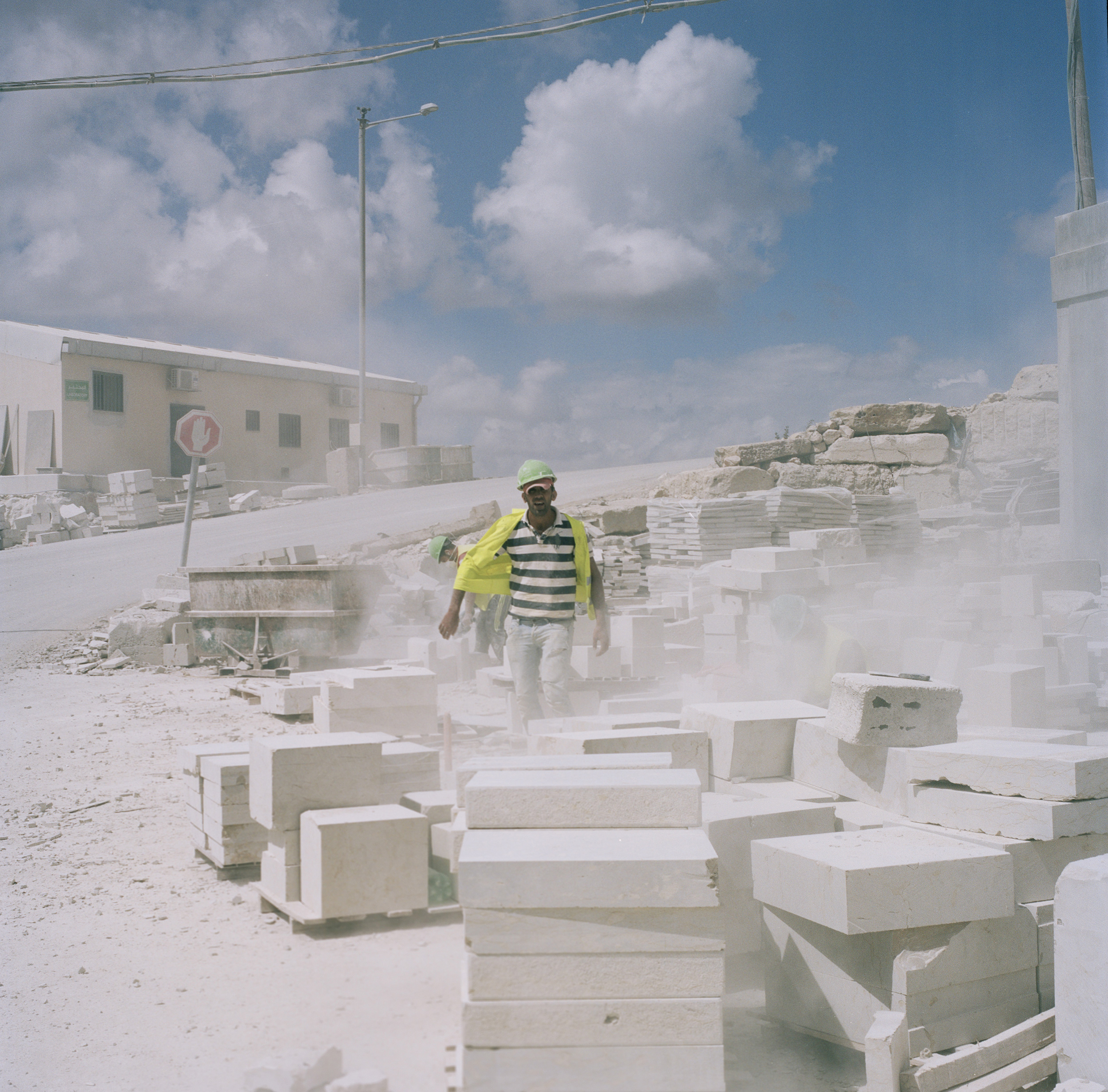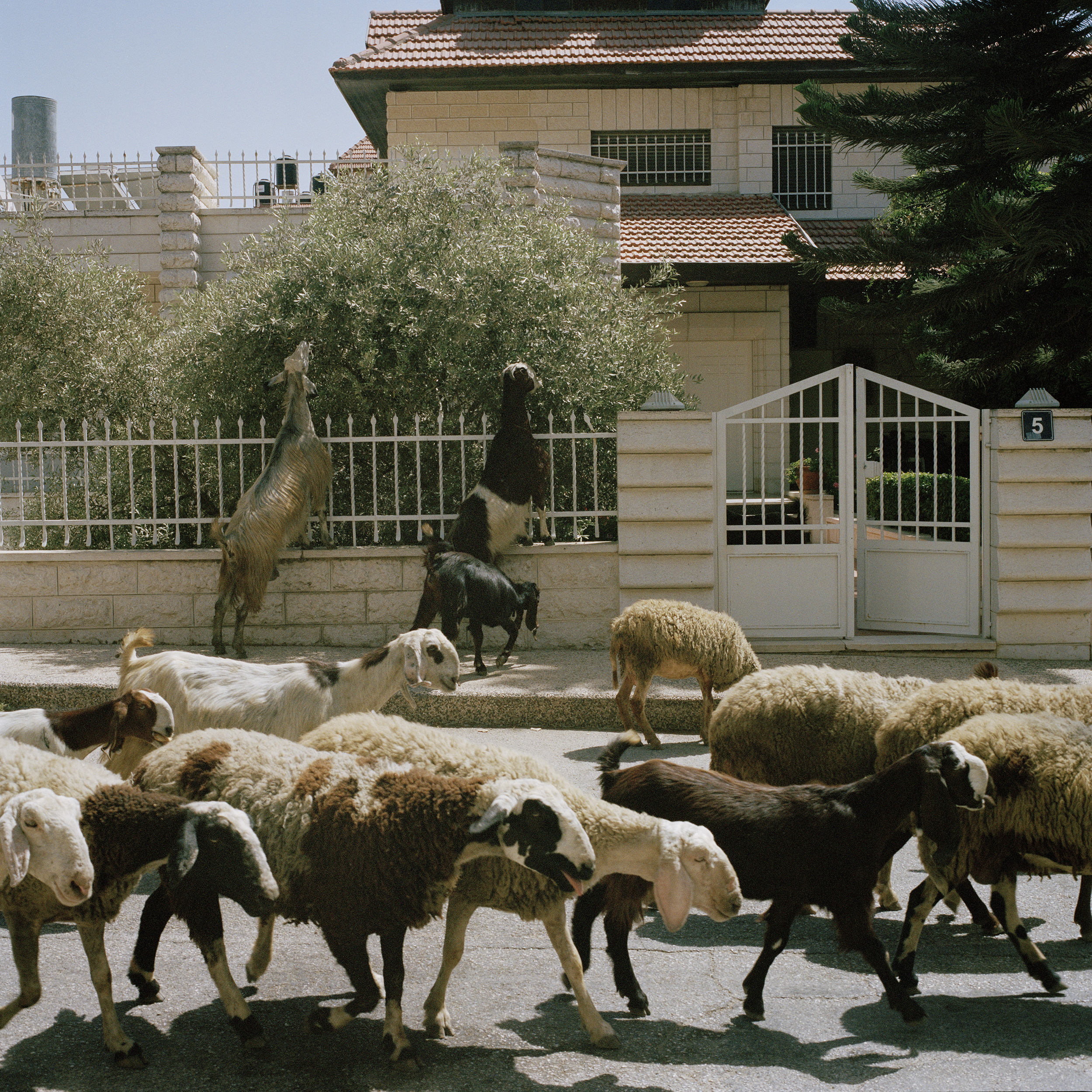






















In 2013, I went to the Palestinian city of Ramallah to document what life is like for its younger generation. A growing number of youngsters from all over Palestine call this city home. It is a place where attitudes are more relaxed and entertainment that is difficult to come by elsewhere in the West Bank can be found. In short, there is a sense of belonging that is hard to find in Arab cities in Israel.
On previous visits, the surge in new restaurants and pre-planned neighbourhoods surprised me. The economy seemed to be doing well. In fact, it was growing at eight per cent per year due to the relative political stability and the ease on the restriction of movement across the West Bank. There were plans to build a luxury hotel and a new city from scratch. How were youngsters dealing with this improving economy in a country controlled by Israel where future prospects are often uncertain?
The realities were of course varied and complex. In short, the youngsters I met seemed to be at a crossroads, trying to balance a modern way of life triggered by economic growth and Western cultural influence with their traditional Palestinian background.
While Israeli occupation was not as visible as it had been it still had an effect on everyday life. Young people could study and get a mortgage, but many expected an uncertain future given that Israel still controlled the economy and movement.
High levels of unemployment and a profound disaffection with the political establishment mean that in despite economic growth, young people are uncertain about the future.